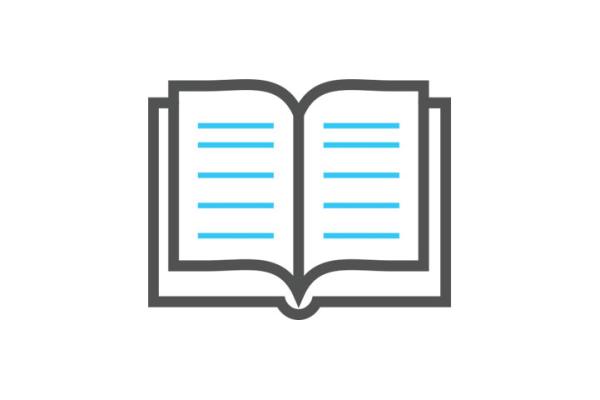The EU is not alone in recognising the threat of AMR and is addressing this issue at the highest political level. Many countries outside of the EU, as well as international organisations, are tackling this issue. International cooperation is a key element of the AMR action plan. Recent G7 statements (from October 2015, June 2015, April 2016, November 2017, June 2021) as well as G20 statements (May 2017, October 2018, October 2019, November 2020, September 2021) show that the scale of the problem requires a qualitative leap in international awareness and a concerted global governance effort.
At a global level, the Commission works closely with the World Health Organization (WHO) and is engaged in the implementation of the Global Action Plan on AMR by the WHO.
The Food and Agriculture Organisation of the United Nations (FAO) plays a key role in supporting government, producers, traders and other stakeholders to adopt measures to minimize the use of antimicrobials and to prevent the development of AMR. FAO also revised its Action Plan on Antimicrobial Resistance 2021-2025.
The World Organisation for Animal Health (OIE) also recognises that AMR is a global human and animal health concern and promotes the responsible and prudent use of antimicrobials to preserve their therapeutic efficacy in both animals and humans. OIE is engaged in preventing AMR worldwide through different actions, namely the promotion of responsible and prudent use of antimicrobial agents in veterinary medicine and better knowledge and monitoring of the quantities of antimicrobials used in animal husbandry.
WHO, FAO and OIE share responsibilities in the fight against anti-microbial resistance and have established the AMR Tripartite Alliance and a secretariat for that alliance. The FAO, OIE and WHO AMR Tripartite Alliance works closely with UNEP to integrate the environmental dimension.
Based on recommendations of the UN Interagency Coordination Group (IACG) on Antimicrobial Resistance, three AMR global governance structures have been or are in the process of being formed: The Global Leaders Group (GLG) established to strengthen global political momentum and leadership on AMR, The Independent Panel on Evidence and the Partnership Platform.
The Commission and other European Institutions including the European Centre for Disease Prevention and Control (ECDC), European Medicines Agency (EMA) and European Food Safety Authority (EFSA) also cooperate closely with the governments and relevant specialised agencies of the USA, Canada, Norway and the UK in the Trans-Atlantic Task Force for Antimicrobial Resistance (TATFAR).
The Commission is also supporting activities by the Organisation for Economic Co-operation and Development (OECD) to assess the economic impact of AMR with a One-Health approach. This includes various policy options for addressing AMR, as well as evaluating AMR costs and the impact of policies on the labour market and broader economy.
Also at international level, countries cooperate through an Intergovernmental Task Force on Antimicrobial Resistance which reports to the Codex Alimentarius Commission.





